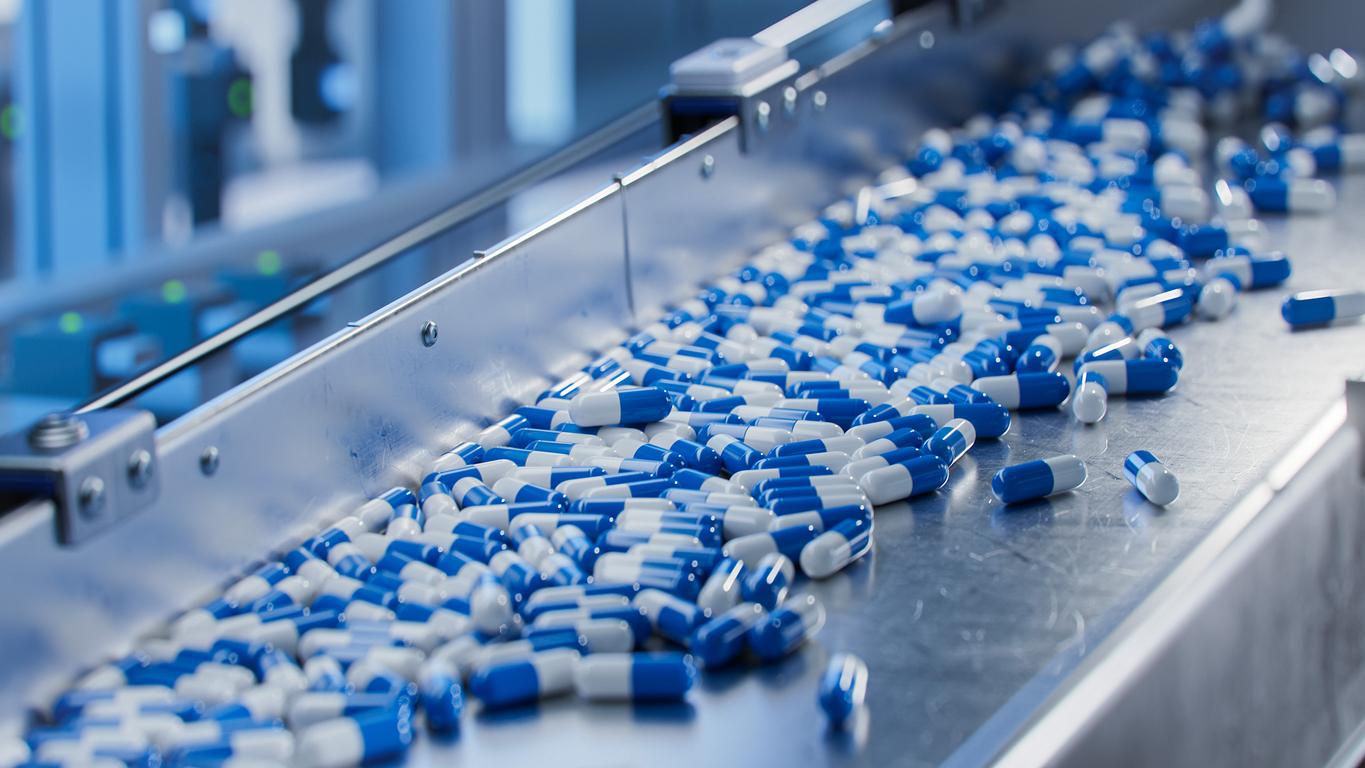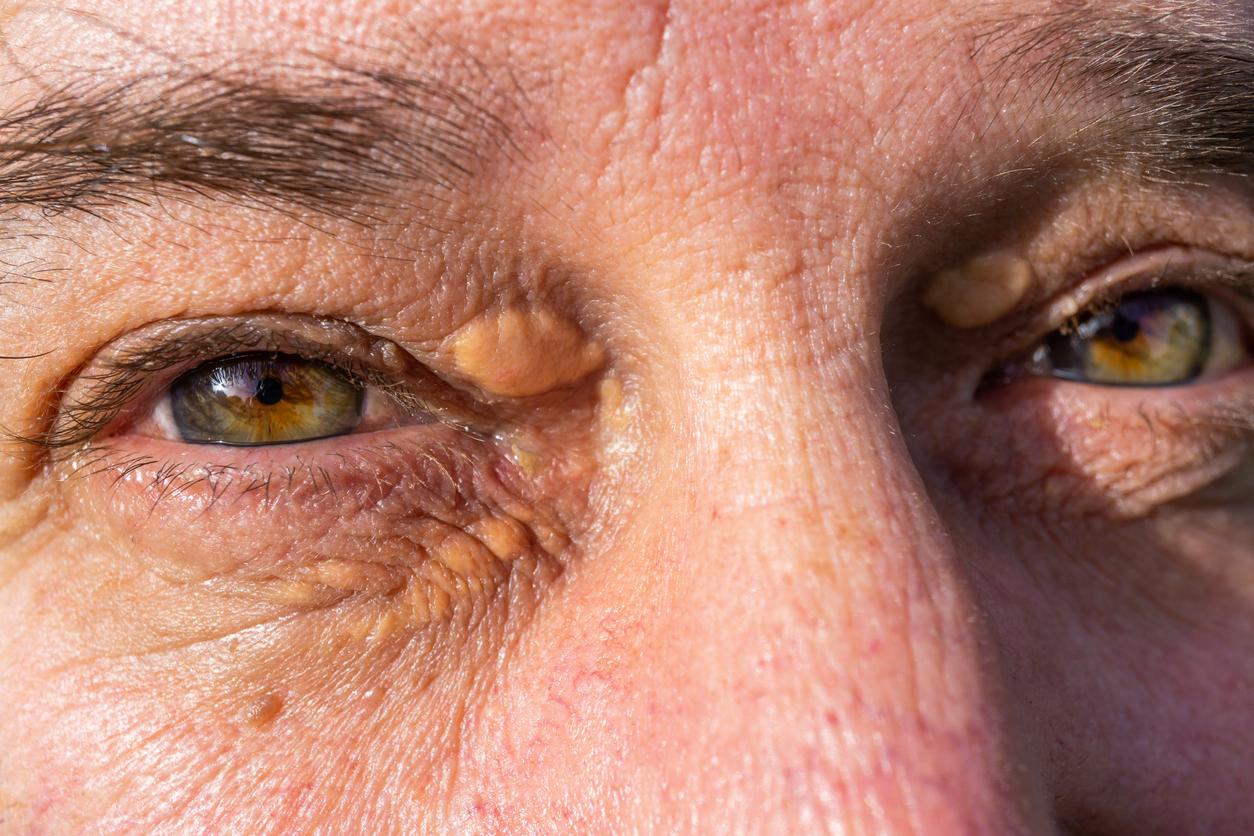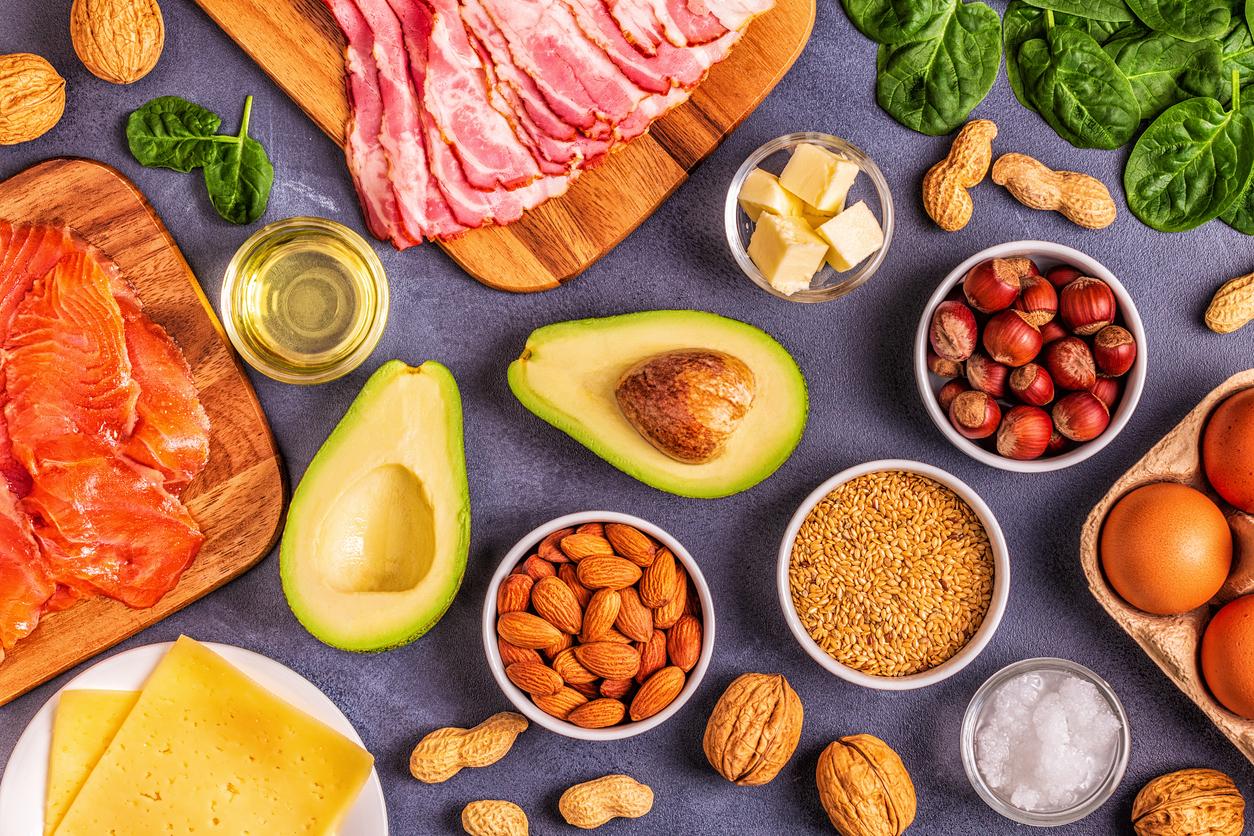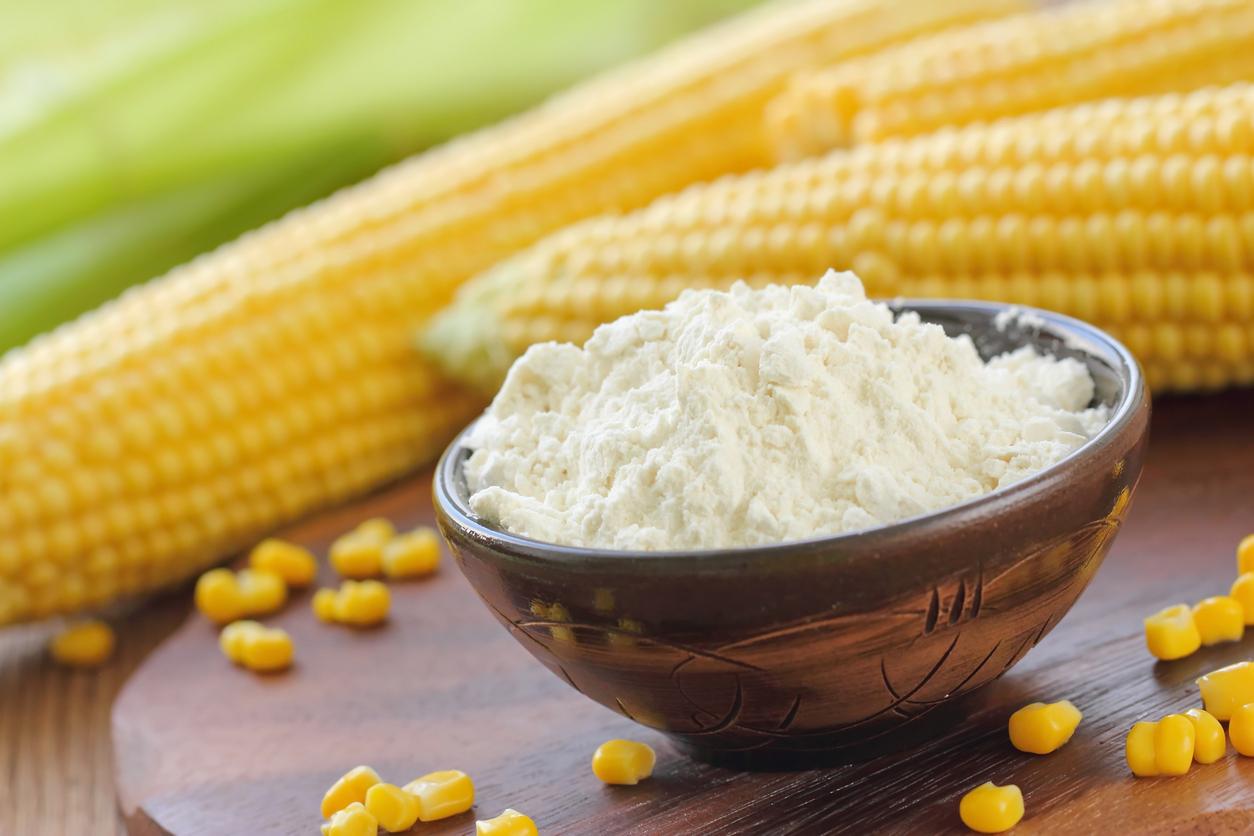According to the Food Safety Agency, foods enriched with phytosterols, such as “anti-cholesterol” margarines or yoghurts, have no beneficial effect for the heart.
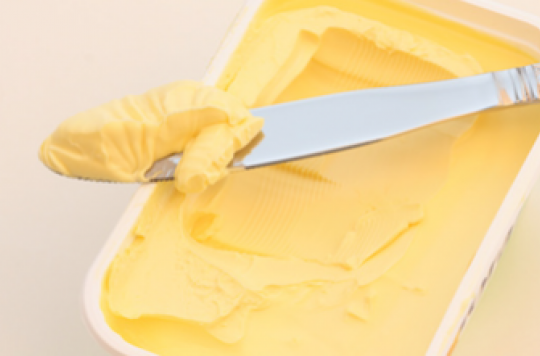
Are foods enriched with phytosterols such as margarines or “anti-cholesterol” yoghurts ineffective? It is in any case the conclusion ofe the National Agency for Food, Environmental and Occupational Health Safety (ANSES) which is publishing an opinion and a report on this issue this Wednesday following a request from the UFC-Que Chosir association. According to the authors of this work, their results show that the claims of manufacturers are not based on any scientific evidence.
In 30% of people, these foods do not lower cholesterol
To reach this conclusion, these scientists carried out an analysis of the French market for products enriched with phytosterols which shows that they are currently focusing on three sectors: margarines, fresh and similar dairy products and condiment sauces. They represent around 4% of their respective market shares.
And the results are final. Phytosterols contribute well to an average reduction of approximately 10% of the total cholesterolemia and the content of circulating LDL-cholesterol (commonly called “bad cholesterol”). But, the individual variability of response to phytosterols is great, specify the authors of the report. In addition, in approximately 30% of the subjects studied, the consumption of foods enriched with phytosterols does not induce a drop in LDL-cholesterol.
Suspected harmful effects on cardiovascular health
Worse still, the consumption of foods enriched with phytosterols has also led to an increase in plasma concentrations of phytosterols, the consequences of which on cardiovascular risk are not known. And a drop in plasma β-carotene concentration is also observed following the consumption of phytosterols, which is likely to increase the cardiovascular risk.
Finally, “there are no studies on the effects of phytosterols (…) on all of these intermediate parameters (LDL-Cholesterol, plasma phytosterols, plasma β-carotene)”, underlines the report. “To date, therefore, we cannot conclude on the effects of phytosterols on the prevention of cardiovascular risks”, conclude these scientists.
ANSES recommendations
Faced with these elements of scientific uncertainties, ANSES recalls that there are many recognized hygiene and dietary prevention levers such as stopping smoking, increasing physical activity, and reducing sedentary lifestyle. At the individual level, it indicates that it is up to the doctor to adapt the various possible measures to patients with hypercholesterolemia.
Consequently, ANSES recommends that people concerned about their cholesterolemia to consult a health professional who will be able in particular to indicate to them the hygieno-dietetic measures most adapted to their situation.
And consumers of products enriched with phytosterols to ensure that they achieve at least the recommendations of the National Health Nutrition Program (PNNS) for fruits and vegetables in order to compensate for the drop in β-carotene caused by the consumption of these products. “By improving for example the food balance by ensuring an adequate consumption of fruits and vegetables, a balanced intake of fatty acids and a moderate consumption of sugars and salt”, it is written in the conclusions of the report.
.










